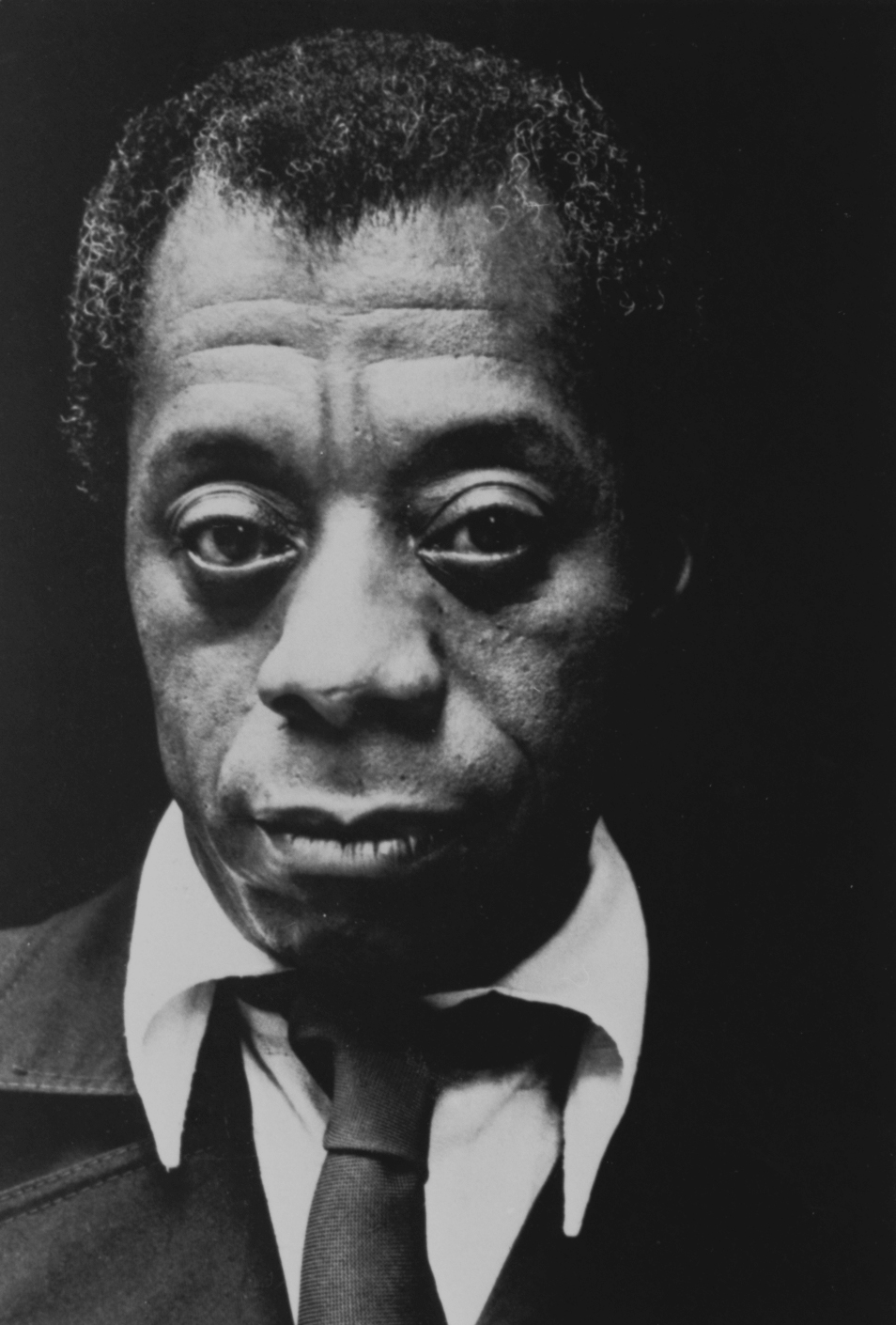

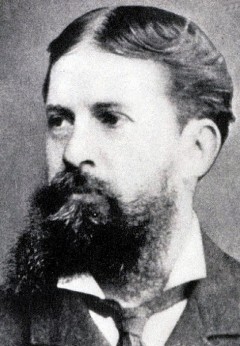



Overview | Panels | Keynotes
cfp | Schedule | Paper Abstracts | Readings | #siapuo on twitter | Registration
The Summer Institute in American Philosophy is designed for faculty members and advanced graduate and postdoctoral students in philosophy and related disciplines interested in research and study of Pragmatist and American philosophy. The program is centered around discussion-intensive plenary panels concerning central problems, figures, and themes in the tradition. These are led by a panel of distinguished experts and spans multiple sessions over two or three days. In addition, a pair of keynote addresses (by Carlin Romano this year) will enrich our discussions on the possibilities of philosophy in America today. There will also be a broad number of traditional conference-style sessions which will include paper presentations and works-in-progress meetings.
The program includes time away from campus to visit the Oregon coast, hike in the nearby Cascade mountains, or enjoy a tasting at Willamette Valley wineries. Participants typically gather each night at nearby restaurants and pubs to continue the day's discussions. Housing is available at local inns as well as (at a very affordable rate) in one of the UO residence halls.
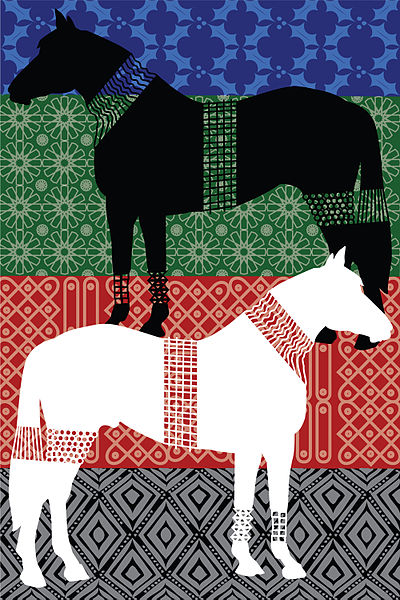 Pragmatist thought has once again bloomed throughout philosophical and literary culture over the past few decades. One area of inquiry where pragmatism promises to continue to make inroads is in social and political theory, where pragmatism is in a number of respects uniquely positioned to mediate between conflicting visions of political philosophy drawn out of Analytic (and post-Analytic) political philosophy and Continental (and European) political theory. This panel will explore potentialities for hybridizing pragmatist political thought with other modes of theorizing contemporary politics, justice, legitimacy, equality, and the state. This panel will feature Alexander Livingston (Government, Cornell University), David Rondel (Philosophy, U Nevada Reno) and Carol Hay (Philosophy, U Mass Lowell).
Pragmatist thought has once again bloomed throughout philosophical and literary culture over the past few decades. One area of inquiry where pragmatism promises to continue to make inroads is in social and political theory, where pragmatism is in a number of respects uniquely positioned to mediate between conflicting visions of political philosophy drawn out of Analytic (and post-Analytic) political philosophy and Continental (and European) political theory. This panel will explore potentialities for hybridizing pragmatist political thought with other modes of theorizing contemporary politics, justice, legitimacy, equality, and the state. This panel will feature Alexander Livingston (Government, Cornell University), David Rondel (Philosophy, U Nevada Reno) and Carol Hay (Philosophy, U Mass Lowell).
 Four Peirce scholars with different backgrounds will explore the relationships between Peirce's theory of inquiry and his metaphysical interests in ontology, cosmology, and religion. They will do so by working with several of Peirce's writings that deal directly with these issues. The participants are Professor Michael Raposa (Lehigh University), one of the first to examine Peirce's ongoing interest in religion; Professor Ivo Ibri (Catholic University of Sao Paulo) who has written extensively on Peirce's metaphysics and its connections with German idealism; Professor Amy McLaughlin (Florida Atlantic University) who has explored how Peirce's theory of inquiry fits with contemporary epistemological realism; and Professor Jeffrey Downard (Northern Arizona University) who is exploring the relations between Peirce's work in geometry and his overall architectonic.
Four Peirce scholars with different backgrounds will explore the relationships between Peirce's theory of inquiry and his metaphysical interests in ontology, cosmology, and religion. They will do so by working with several of Peirce's writings that deal directly with these issues. The participants are Professor Michael Raposa (Lehigh University), one of the first to examine Peirce's ongoing interest in religion; Professor Ivo Ibri (Catholic University of Sao Paulo) who has written extensively on Peirce's metaphysics and its connections with German idealism; Professor Amy McLaughlin (Florida Atlantic University) who has explored how Peirce's theory of inquiry fits with contemporary epistemological realism; and Professor Jeffrey Downard (Northern Arizona University) who is exploring the relations between Peirce's work in geometry and his overall architectonic.
This year's Crossing Disciplines sessions will focus on intersections, relays, and divergences among Philosophy and Literature.
Literature and philosophy are often closely connected in the effort to understand human experience. The is especially true in the work of 20th century African American writers who, denied a place in academic philosophy, nevertheless carried out philosophical work through fiction and essays. In this seminar, the work of Richard Wright and Toni Morrison will be considered from the perspective of philosophy and literary studies. Jacoby Carter (Associate Professor of Philosophy, John Jay College, CUNY) will consider the work of Wright. Kristie Dotson (Associate Professor of Philosophy, Michigan State University) will discuss Toni Morrison's work. (Please note that Joseph Brown, S.J. [Professor of Africana Studies at Southern Illinois University], who was previously scheduled to present, unfortunately cannot be in attendance.).
Why Crossing Disciplines? Because at its inception, pragmatism was already a cross-disciplinary, perhaps even 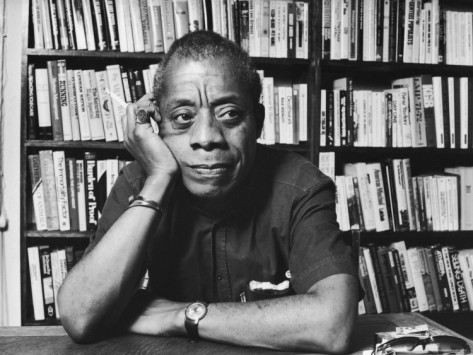 counter-disciplinary or post-disciplinary, way of thinking. We now find ourselves in an era where intellectual production and innovation is definitively cemented in disciplinarization and its attendant rituals of professionalization (see the advance warning in William James's disturbingly prophetic "Ph.D. Octopus" essay). Some aspects of these changes are beneficial, but many are not, and in any event it is clear that we have yet to work through these transitions with sufficient attention to where we find ourselves. Toward jolting some of our usual habits of thinking, the SIAP Crossing Disciplines panels are geared toward understanding the work of pragmatism and the work of philosophy differently. This session will continue our previous two Crossing Disciplines discussions between philosophy and political science (in July 2012) and philosophy and music (in July 2013). These cross-disciplinary efforts are now a regular feature at each SIAP meeting, with the aim of thereby putting pragmatism into richer contact beyond the work of philosophy itself.
counter-disciplinary or post-disciplinary, way of thinking. We now find ourselves in an era where intellectual production and innovation is definitively cemented in disciplinarization and its attendant rituals of professionalization (see the advance warning in William James's disturbingly prophetic "Ph.D. Octopus" essay). Some aspects of these changes are beneficial, but many are not, and in any event it is clear that we have yet to work through these transitions with sufficient attention to where we find ourselves. Toward jolting some of our usual habits of thinking, the SIAP Crossing Disciplines panels are geared toward understanding the work of pragmatism and the work of philosophy differently. This session will continue our previous two Crossing Disciplines discussions between philosophy and political science (in July 2012) and philosophy and music (in July 2013). These cross-disciplinary efforts are now a regular feature at each SIAP meeting, with the aim of thereby putting pragmatism into richer contact beyond the work of philosophy itself.
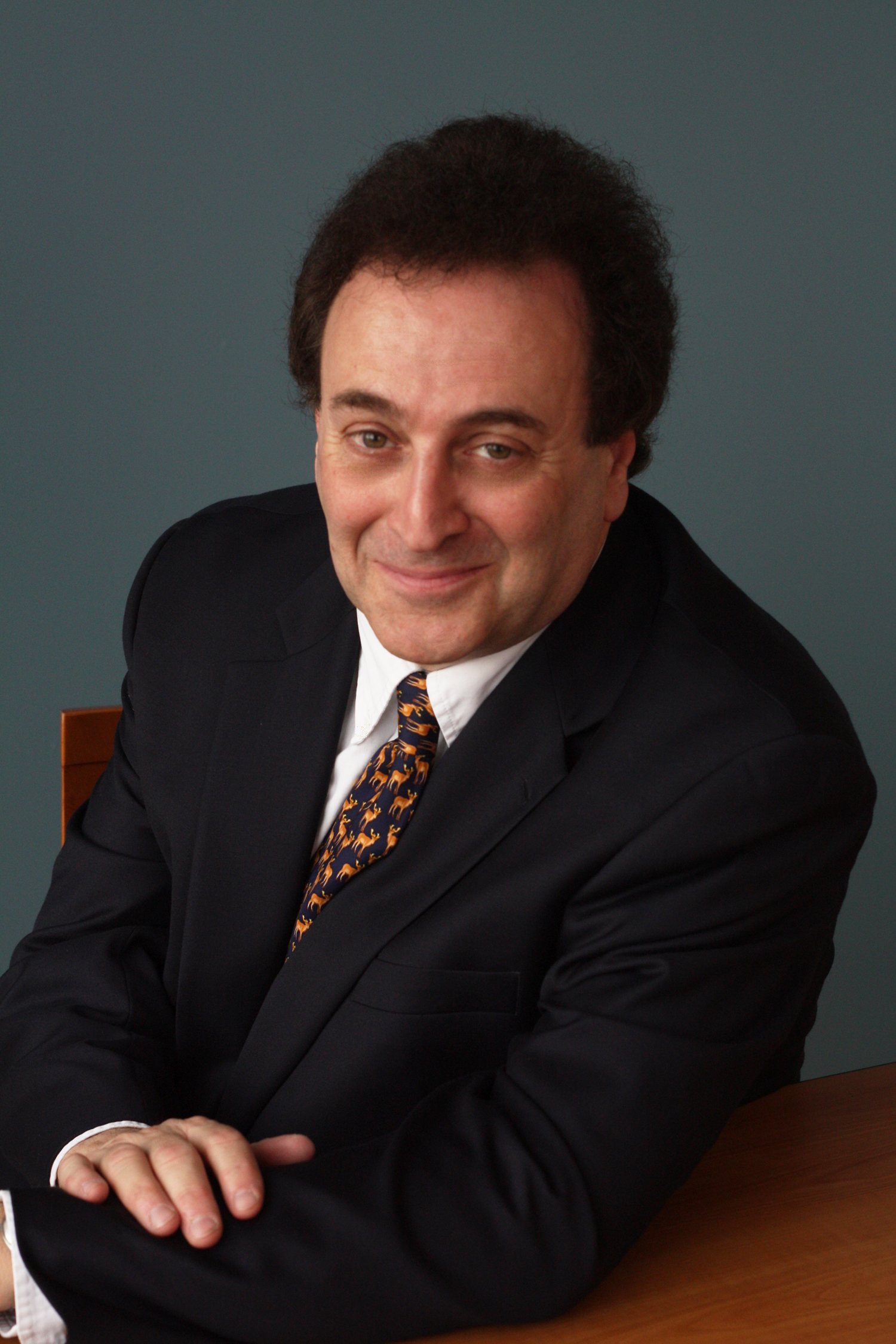 Carlin Romano, Literary Critic of The Philadelphia Inquirer for 25 years and former President of the National Book Critics Circle, is the author of America the Philosophical (Knopf, 2012), a 672-page study of philosophy in American life. The New York Times Book Review, in a front-page review, described it as both “ambitious" and "convincing," "an encyclopedic survey of the life of the mind in the United States.” He won a 2013-14 Guggenheim Fellowship in recognition of the book.
Carlin Romano, Literary Critic of The Philadelphia Inquirer for 25 years and former President of the National Book Critics Circle, is the author of America the Philosophical (Knopf, 2012), a 672-page study of philosophy in American life. The New York Times Book Review, in a front-page review, described it as both “ambitious" and "convincing," "an encyclopedic survey of the life of the mind in the United States.” He won a 2013-14 Guggenheim Fellowship in recognition of the book.
Over the years, Romano’s criticism has appeared in the Nation, New Yorker, New York Times and other national and international publications. He was one of three finalists for the 2005 Pulitzer Prize in Criticism, cited "for bringing new vitality to the classic essay across a formidable array of topics."
Romano earned his degrees at Princeton, Yale and Columbia and has taught philosophy at Yale, the University of Pennsylvania and Russia's St. Petersburg State University, among other institutions. Umberto Eco praised America the Philosophical as "genuinely exciting and provocative... If Romano wanted to discomboulate the traditional landscape of American philosophy, he achieved his goal."
James Campbell (University of Toledo) will offer a response to Romano's first talk on Monday evening. The author of four monographs and dozens of articles on American and Pragmatist philosophy, James Campbell is Distinguished University Professor at the University of Toledo.
Each afternoon (with the exception of our excursion day on Thursday) we enjoy regular conference-style presentations of a variety of formats: traditional papers, books-in-progress, and dissertations-in-progress. Since the sessions are concurrent, please consider perusing the paper abstracts for all of these sessions to help you decide which are of interest.
CALL FOR SUBMISSIONS. A call for submissions was circulated with a deadline of April 1, 2014. Please email Colin Koopman with any questions.
REGISTRATION. To register for attendance please fill out the Institute registration form. Note the early registration deadline of June 6.
LODGING. Lodging and housing information (including on-campus dorm room options that are very inexpensive at around $50/night, plus moderately priced nearby hotels in walking distance from our conference venue) is available on the registration form.
TRAVEL INFORMATION. Travel information is available on the registration form. Additional information is available via the University of Oregon website.
GRADUATE TRAVEL FUNDING. We have a limited number of travel grants available to graduates at the conference. Priority will be given to graduates who are presenting their work for the first time at an SIAP conference, although all attendees who request funding assistance will be considered. These grants cover the entire cost of housing and registration (or the equivalent). If you would like to be considered for a grant, please indicate so on your submission. Graduate Travel Grant Application Deadline: April 1, 2014. These grants are generously funded by the Society for the Advancement of American Philosophy.
FURTHER INFORMATION. For more information about Eugene and Lane County, Oregon, see Travel Lane County. The Oregon Bach Festival typically runs from late June through early July. The world-famous hippie-fest The Oregon Country Fair is typically held in early July.
For more information about the conference please contact the Summer Institute committee: Colin Koopman (University of Oregon), Scott Pratt (University of Oregon), Erin McKenna (Pacific Luthern University) Susan Dieleman (Dalhousie University), and Ken Stikkers (SIU-Carbondale).
We invite submissions to present papers in our conference-style afternoon sessions. Papers in any area of American andPragmatist Philosophy are welcome at SIAP. Presentations may either be Traditional Conference papers or one of a variety of In-Progress presentations.
Submission Instructions: Please specify in your submission the type of presentation from the list below, according to instructions. Email your submissions to Colin Koopman at koopman at uoregon point edu. The subject line of your email should read: "SIAP 2014 Submission: [format type (e.g., Traditional Paper, Dissertation-In-Progress)]. Please include the complete text of your submission in the body of your email and do not include anything as an attachment. The submission deadline is Tuesday April 1, 2014 with decisions to be made no later than May 1, 2014 (but hopefully earlier). If you absolutely need an earlier decision for the sake of securing institutional funding, please contact Colin Koopman beforehand, and we will see what we can do.
* Traditional Papers: Papers in all areas of American philosophy are welcome, but we will particularly favor papers whose topics are related to the themes of the plenary seminars and the work of our keynote speaker. Instructions: Please submit an abstract of 500 words describing the paper in detail. Final papers should be of a length suitable for a brief presentation of about 20 minutes.
* Books-In-Progress: Those working on book manuscripts in some area of research pertinent to American philosophy are invited to discuss their idea with seminar participants. This includes fresh ideas for books just underway as well as books nearing completion, but does not extend to author-critics sessions on recently-published books. Instructions: Please submit a 500 word abstract describing your book manuscript, the content of your presentation, your ideas for the format of the presentation.
* Dissertations-In-Progress: Graduate students preparing dissertation proposals, in the dissertation-writing phase, or approaching their dissertation defense are invited to present their work at special dissertations-in-progress sessions. This is a regular tradition at SIAP and one of the most exciting venues to showcase new work that is being developed in American Philosophy at various graduate programs across the country and internationally. Instructions: Please submit a 500-word abstract describing the content of your dissertation. We will work with you in advance of the session on general guidelines for preparing the presentation and what to expect. In addition please note: we have a limited number of travel grants available to graduates at the conference who will be presenting, so please indicate if you would like to be considered for a travel grant which will cover the entire cost of housing as well as registration fees (leaving the remaining costs of travel to your home institution or other support). These grants are generously funded by the Society for the Advancement of American Philosophy. (See below for more information on the grants).
* Experiments-In-Progress: We invite presentations on projects, collaborations, group work, public philosophy forays, field philosophy work, and other philosophical experiments for the purposes of discussion at SIAP. Some examples: Michael Eldridge's 2009 group discussion of Obama's Pragmatism (and see the most recent issue of Contemporary Pragmatism for some papers on the topic, some of which were initially formulated at this session), Donald Hood and Eric Weber's 2011 presentation on pragmatism as public philosophy, a presentation on in-progress interdisciplinary research collaboration including reflections on what is going right in the project and what unexpected blockages have come up, a roundtable presentation concerning the development of open access scholarship in American philosophy, discussions oriented toward the design of advanced or introductory courses in pragmatism using online resources and collaborative assignment. These sessions will be limited in number and are intended to provide opportunities for innovative forms of work, thought, and scholarship in the American tradition. Instructions: Please submit a 500-word abstract describing your project, the content of your presentation, your ideas for the format of the presentation, a justification of the project terms of larger issues of outreach and scholarship, and any a/v needs you might have.
The Summer Institute in American Philosophy at the University of Oregon in 2014 is made possible by generous sponsorship from the Society for the Advancement of American Philosophy and the Department of Philosophy at the University of Oregon. We are most grateful for the generosity of all of our plenary presenters.
